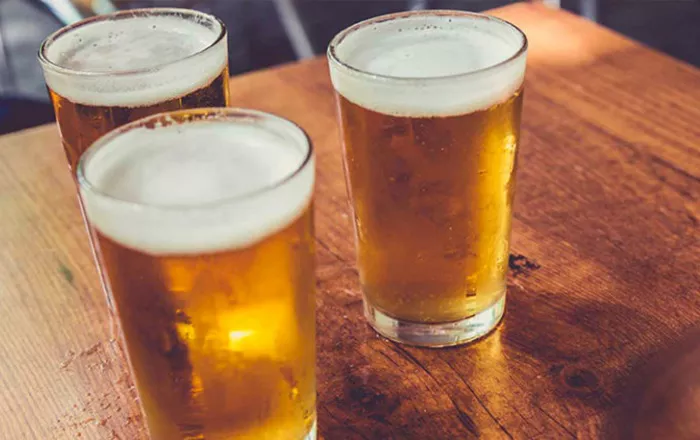A growing number of small breweries are relocating from downtown Seoul to provincial areas, driven by falling demand for traditional liquor and craft beer, rising urban rents, and the expanding viability of online sales. Once hailed as trendsetters in South Korea’s evolving drinking culture, these niche producers are now struggling to maintain operations in the capital.
Data from the National Tax Service released on June 3 show that the number of small liquor manufacturing licenses issued in Seoul dropped to 87 in 2024—a 6.5% decrease from the previous year. This marks the first annual decline in Seoul since the agency began tracking such statistics in 2020. Small liquor manufacturing licenses allow the production of takju, spirits, rice wine, fruit wine, and beer with lower facility standards and costs compared to general licenses.
In contrast, the total number of small liquor manufacturing licenses nationwide rose 8.7% to 413, up from 380 in 2023, signaling a shift in business operations away from the capital.
This geographic movement reflects broader structural issues in the alcohol market. According to Korea Credit Data, average monthly alcohol purchases fell 2.7% year-over-year. Traditional liquor and craft beer—cornerstones of small breweries—saw some of the steepest declines. National Tax Service figures reveal that traditional liquor shipments fell by 9.6% in 2023 to 147.5 billion won. Even major players in craft beer like Seven Brau and Jeju Beer saw sales plunge by 32.3% and 18.5%, respectively.
One brewer, a 36-year-old who relocated operations from Seongdong-gu, Seoul to Icheon in Gyeonggi Province, described the financial strain: “Rents go up each year, but sales have dropped significantly. Even in trendy areas, it’s hard to find enough customers to justify the costs.” Many breweries now rely heavily on wholesale and online sales for survival.
The shift to online sales is another incentive for breweries to relocate outside of Seoul. Under current regulations, only products made under folk liquor or local specialty liquor licenses can be sold online. Folk liquor licenses are reserved for designated food masters or holders of intangible cultural property titles. More realistically, small brewers aim for local specialty licenses, which require that at least three primary ingredients in the beverage come from the local region—an increasingly difficult requirement to meet in metropolitan Seoul.
Jeong, 38, who operates a brewery in Jeonju, North Jeolla Province, emphasized the advantages of rural production. “It’s much easier to source diverse fruits and grains like rice in the provinces than in Seoul,” he said.
As market pressures mount, more small brewers are likely to seek sustainability outside the capital, leveraging lower operational costs and access to local ingredients to pivot toward online distribution.
You Might Be Interested In:


